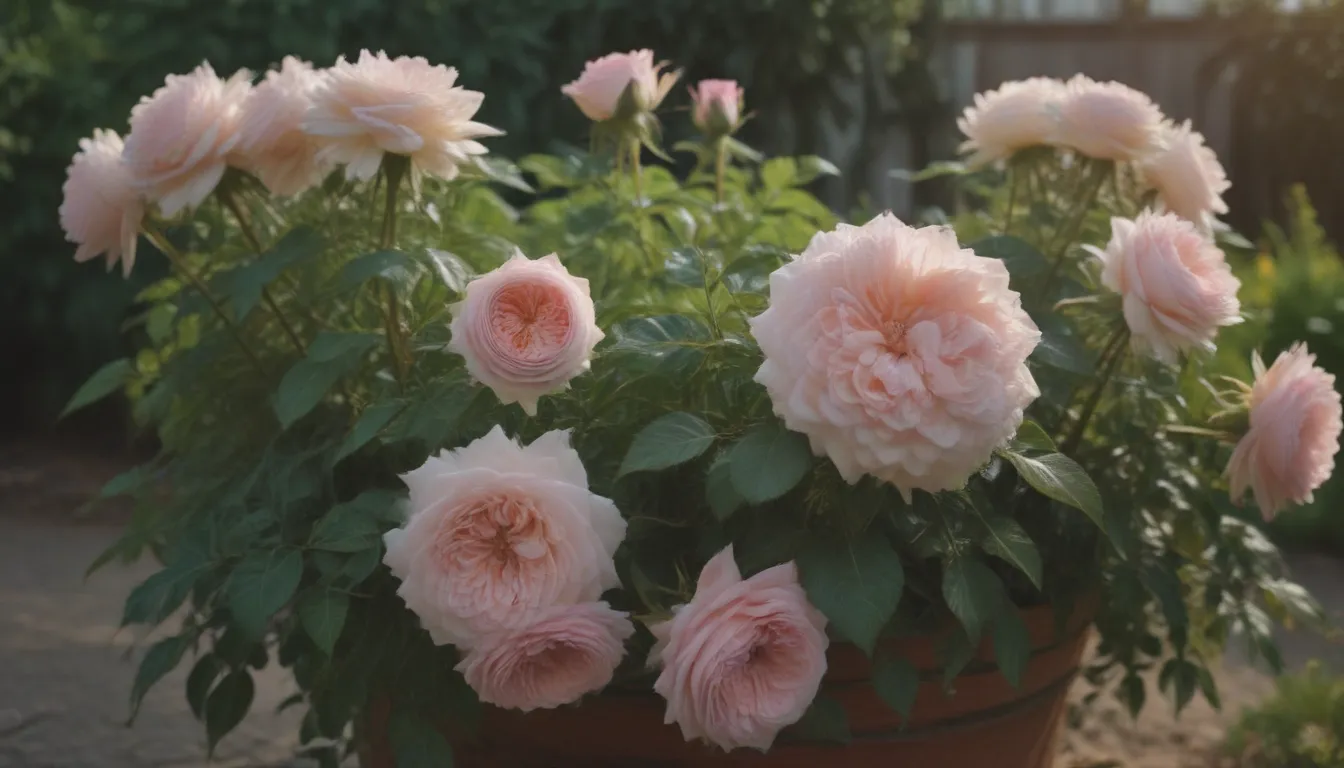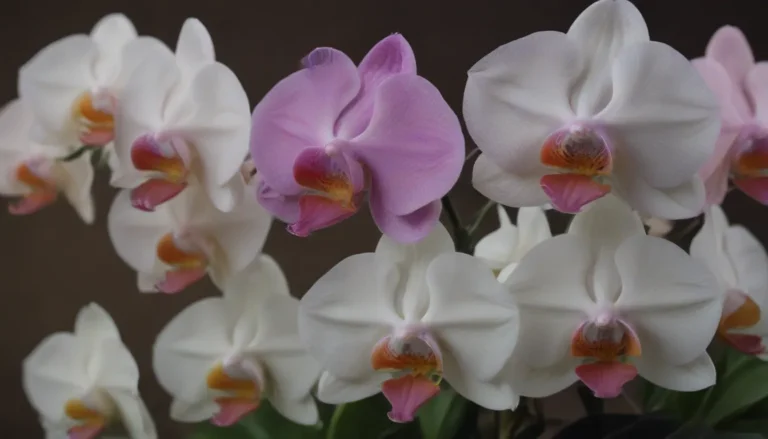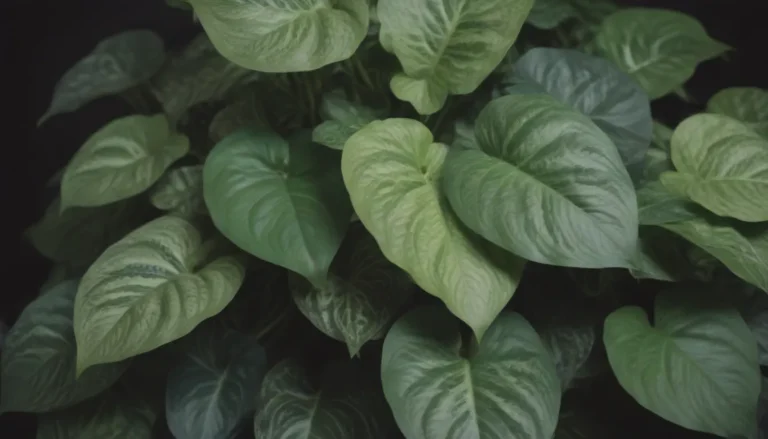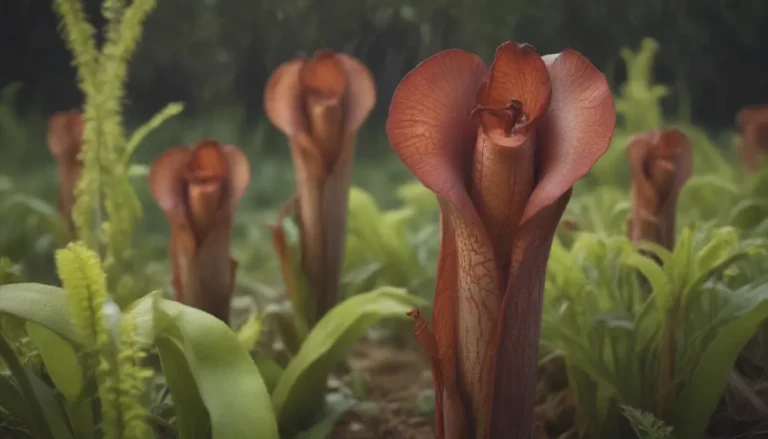The Ultimate Guide to Choosing Companion Plants for Your Roses

Are you looking to add some extra beauty, solve problems, or ward off pests in your rose garden? Choosing the right companion plants can make a world of difference for your roses. Not only do they add visual interest and improve growing conditions, but they can also contribute to the overall health and vitality of your roses.
In this comprehensive guide, we’ll explore the best companion plants for roses, highlighting their benefits and how to effectively integrate them into your garden. From texture and color to pest control and soil health, we’ll cover everything you need to know to create a thriving, harmonious garden with your roses.
The Aesthetics of Companion Planting
When it comes to choosing companion plants for your roses, texture, color, and form play a crucial role in creating a visually stunning garden. Here are some plants that complement roses in terms of aesthetics:
- Snapdragons: Plants with tall spires like snapdragons complement the wide, cup-shaped flowers of roses.
- English Lavender: Perennials and shrubs with pale green, silver, or purple leaves like English lavender accentuate the sumptuous rose blossoms.
- Lantana and Verbena: Sun-loving annuals like lantana and verbena fill in the space around roses and thrive in the same sun exposure.
By choosing companion plants that enhance the aesthetics of your roses, you can create a cohesive and visually appealing garden space.
Solving Problems with Rose Companions
Certain companion plants can also help address common issues that roses face. For example:
- Catmint: The feathery purple and blue-gray catmint beautifully offsets a pale pink rose, camouflaging any blemishes on the rose’s foliage.
- Lavender and Catmint: These plants hide the bare legs of roses and act as living mulches, suppressing weeds and shading the soil to keep rose roots cool.
- Tall Growing Pinks: Dianthus and other tall growing plants can also serve as effective companions by providing some shade and protection for roses.
Choosing the right companion plants can not only enhance the beauty of your garden but also address practical issues that may arise in rose cultivation.
Creating Harmony in Your Garden
To ensure that your companion plants do not compete with your roses, it’s essential to select species that have similar growing conditions and needs. Here are some tips to create harmonious plant pairings:
- Full Sun and Well-Drained Soil: Roses thrive in full sun and well-drained soil, so it’s crucial to choose companions that share these preferences.
- Moderate Water Requirements: Plants like heliotropes, lantana, verbena, and million bells petunia are excellent choices as they have modest water requirements and can coexist peacefully with roses.
By selecting companion plants that complement rather than compete with your roses, you can create a harmonious and balanced garden environment.
Natural Pest Control with Companion Plants
One of the most significant benefits of companion planting is its ability to help deter pests naturally. Here are some plants that can help protect your roses from insects:
- Chives, Alliums, and Onions: These plants increase the perfume of roses, ward off aphids, and prevent black spot.
- Herbs and Aromatic Plants: Scented geraniums, rue, feverfew, parsley, thyme, marigolds, sage, anise-hyssop, Russian-sage, lavender, yarrow, oregano, and catmint all help repel insects like Japanese beetles and aphids.
By strategically selecting companion plants with natural insect-repelling properties, you can create a healthier and more pest-resistant garden environment for your roses.
Planting Tips for Rose Companions
When planting companion plants with your roses, it’s essential to consider their proximity and growing needs. Here are some key planting tips to keep in mind:
- Spacing: Plant companion plants at least 1 foot away from your roses to avoid disturbing their roots.
- Pruning: Maintain good pruning practices to create a healthy open structure for your roses and promote air circulation.
- Compatibility: Avoid planting shrubs with elaborate root systems or plants that prefer wet soil next to your roses to prevent competition for resources.
By following these planting tips, you can ensure that your companion plants and roses thrive together in a harmonious garden setting.
Enhancing Your Rose Garden with Companion Plants
In conclusion, selecting the right companion plants for your roses can enhance their beauty, address practical issues, and promote overall plant health. By considering factors such as aesthetics, problem-solving capabilities, compatibility, and natural pest control, you can create a balanced and thriving garden environment for your roses.
Whether you’re looking to add visual interest, improve growing conditions, or ward off pests, companion planting offers a range of benefits for rose cultivation. By incorporating the principles of companion planting into your garden design, you can create a harmonious and vibrant space that showcases the beauty and diversity of your roses.
Remember to experiment with different combinations of companion plants to find the perfect match for your roses and garden style. With a little creativity and planning, you can create a stunning and sustainable garden that brings joy and beauty to your outdoor space. Happy gardening!





